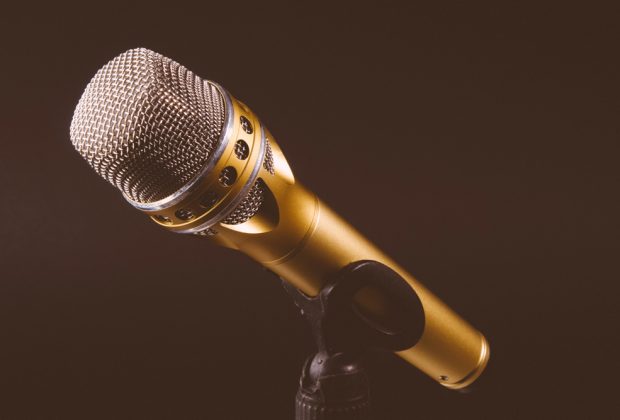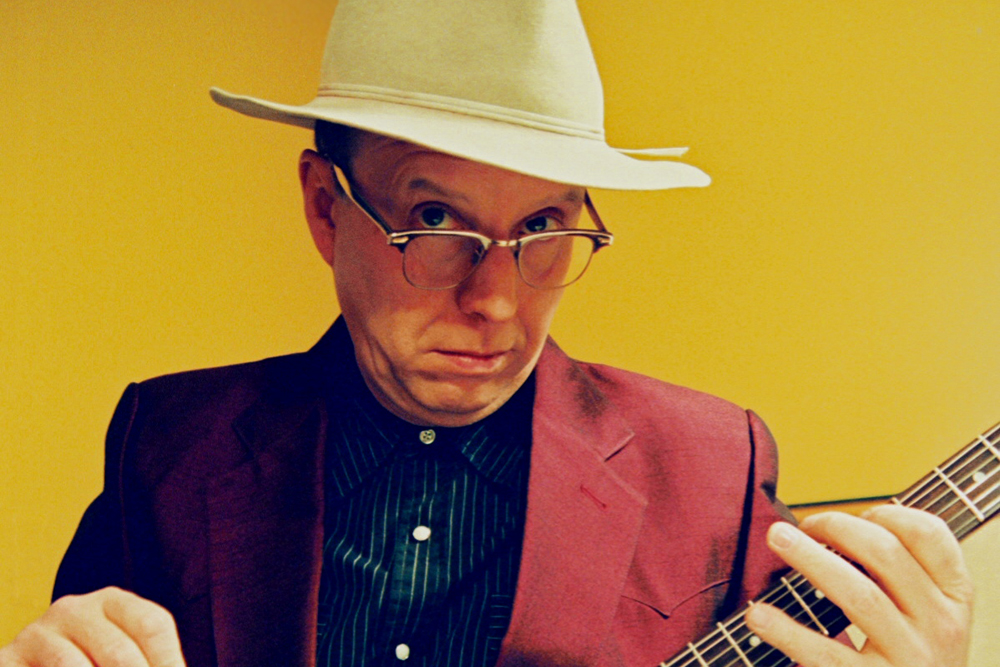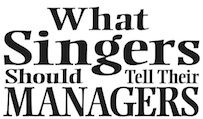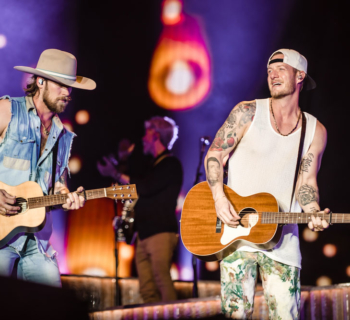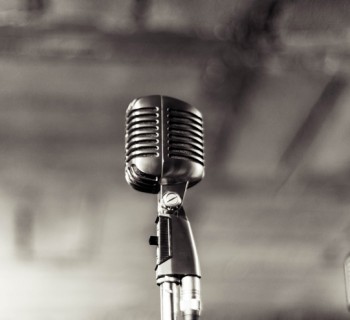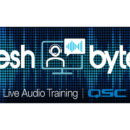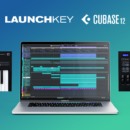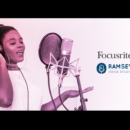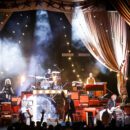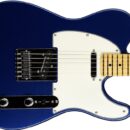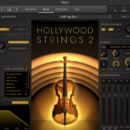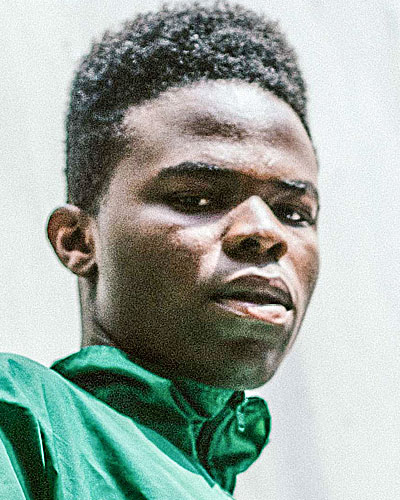 DAYE JACK
DAYE JACK
Anna Stodart – Golightly Media
Many of today’s hottest rappers spend half their verses singing, and Daye Jack is one of them. The Nigerian-born Atlanta-raised 19-year-old refuses to be put in boxes and genres, but No Data, his upcoming full-length via Warner Bros., is sure to take you back to hip-hop’s glory days of the late ‘80s/‘90s as well as where the genre is going with what he calls the Soul Glitch.
Influences on style
I love Eminem Relapse. I love the Red Hot Chili Peppers, I went through a phase when I listened to a lot of Slipknot. Growing up in a Nigerian household there was a lot of Afro-beat, a lot of Fela, but also a lot of contemporary African musicians like D’Banj and P-Square, so all of that was seeping into the way that I was listening to music.
More singing in rap now
I was listening to Outkast and specifically Speakerboxxx/The Love Below and I’ve been a fan of rap before, but hearing Andre 3000 on the second part of the album. He sings throughout the whole album, and as a rapper to see him use rap sparingly, almost as if it was a guitar, like an instrument, rather than a genre. I think it’s dope, I think it’s pretty clear that a lot of rappers are singing and I think rap kind of gives you an avenue where you don’t have to be the greatest singer to be noticed, and to just sing. Because it’s not about being the best in hip-hop, it’s about how you do it and the swag you have and the style and the emotion.
School, home school, no school
I was singing in the gospel choir way before rap. And you learn how to protect your voice, warm it up, cool it down. Get ready for a show. There are warm-ups that I learned in that period that I still do. And for rap the reason I loved it and the reason why I never felt the need to pick up an instrument is because I feel like it’s a very self-taught thing. You never have someone teach you how to rap, you listen to artists that you really like and see what they’re doing and try to copy it, and at some point you realize that the essence of rap is expressing yourself. So for rapping I was listening to a lot of Eminem, a lot of Kendrick Lamar and a lot of Wu-Tang Clan.
Acting out the song
Once a demo is laid it’s like that’s what the song should sound like, and once you take it to the studio weeks after it’s then your job to recreate the feeling you had when you were writing the demo. When I wrote “Save My Soul” two years ago, I had written the demo in my bedroom and the song is about loneliness that I felt. Then three weeks later I’m taking it to the studio and I’m feeling positive and still trying to cut a song that expresses loneliness. You have to put yourself back into the headspace where you were when you wrote the demo so you can convey that emotion on the record. It’s almost like acting.
Dealing with jitters or red-light fever in the studio
I used to think that the best way to get rid of any jitters is to get drunk before the show and then go on stage and everything would be straight. But then I realized that when you are performing drunk you might think you’re really killing it but the way people see it doesn’t translate. So now I’ve been trying to get ready for the show by visualizing it before I go onstage; I’m thinking about everything I’m going to do and say and how I want the show to look like and then doing what is in my head. I think the day that you’re having really affects the session you’re going to have, so if I’m going to go to the studio I make sure I’m surrounded by my friends. I try to create a good vibe before entering the studio. •

